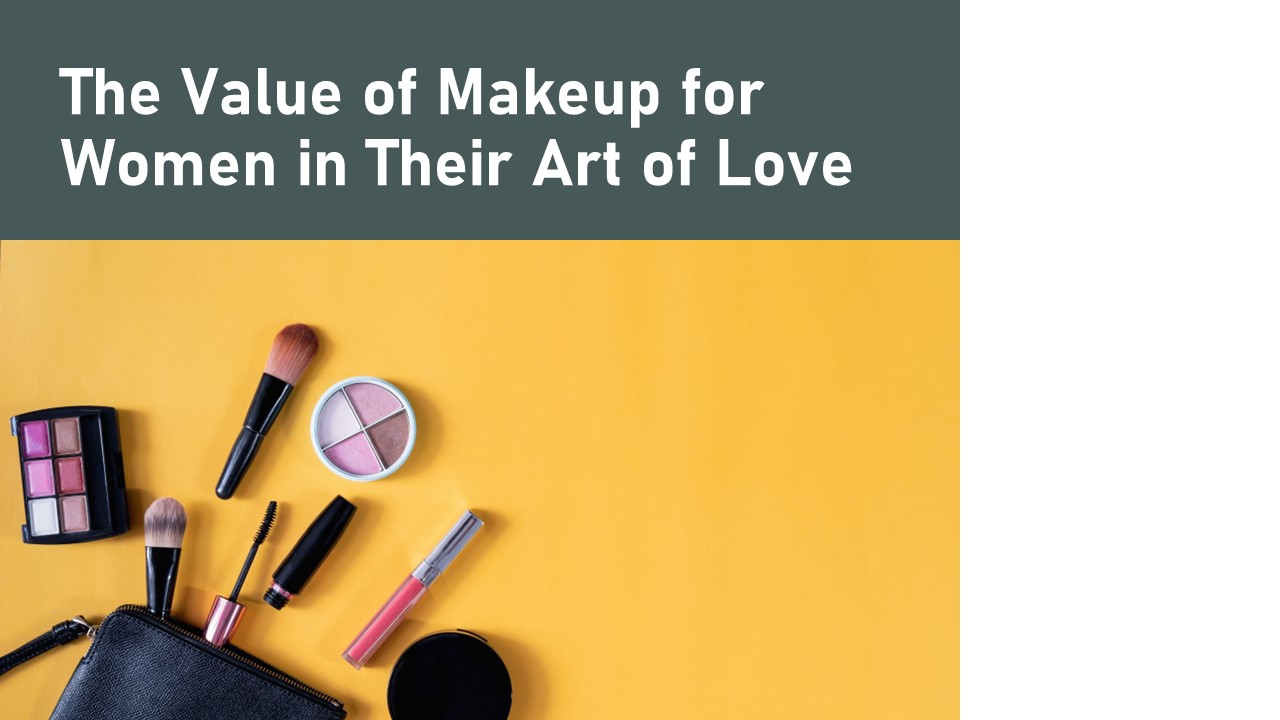Ovid was a renowned poet of the Roman Empire who lived from 43 BCE to 17 CE. For centuries, his poetry trilogy “Ars Amatoria” (The Art of Love) has been popular among educated and aristocratic people. Many modern scholars in the humanities are familiar with Ovid’s “The Art of Love.” Ovid teaches Roman men and women how to capture and retain a partner’s affection. He also instruct them how to be attractive, and how to make love.
The ancient Romans lived in a different era and social structure than people do today. But I believe that modern educated men and women can appreciate the lessons about love found in Ovid’s poetry collections. I have posted the excerpts from these books on this website. They are interesting for those interested in learning more about the cultural wisdom of love in ancient Roman culture.
The poetry of “Ars Amatoria” contains helpful advice for modern men and women on how to find and maintain a partner in a relationship. The first two collections of poetry by Ovid include instructions on how to approach, court, and seduce women. The third book’s poetic guidance teaches women the art of loving men.
I presented poetic excerpts of Ovid’s advice to men in previous blog posts. For example, those lovely verses are discussing “How to Find Her“, “Search for Love While Walking“, “Search for Love at the Races or Circus“, “How to Win Her“, “How to Be Attentive to Her“, “How to Woo and Seduce a Woman”, “How to Make Promises and Deceive”, and “How Tears, Kisses, Taking the Lead Can Help in Love Affairs”.
Here are some poetic quotes from Ovid’s “Ars Amatoria,” Book III, addressed to girls and women. In this book, Ovid teaches them about love. In particular, he tells them how taste, elegance in hair and dress, and makeup are important for their art of love.
Makeup Is Important for Women in their Art of Love
“How near I was to warning you, no rankness of the wild goat
under your armpits, no legs bristling with harsh hair!
But I’m not teaching girls from the Caucasian hills,
or those who drink your waters, Mysian Caicus.
So why remind you not to let your teeth get blackened,
by being lazy, and to wash your face each morning in water?
You know how to acquire whiteness with a layer of powder:
she who doesn’t blush by blood, indeed, blushes by art.
You make good the naked edges of your eyebrows,
and hide your natural cheeks with little patches.
It’s no shame to highlight your eyes with thinned ashes,
or saffron grown by your banks, bright Cydnus.
It’s I who spoke of facial treatments for your beauty,
a little book, but one whose labour took great care.
There too you can find protection against faded looks:
my art’s no idle thing in your behalf.
Still, don’t let your lover find cosmetic bottles
on your dressing table: art delights in its hidden face.
Who’s not offended by cream smeared all over your face,
when it runs in fallen drops to your warm breast?
Don’t those ointments smell? Even if they are sent from Athens,
they’re oils extracted from the unwashed fleece of a sheep.
Don’t apply preparations of deer marrow openly,
and I don’t approve of openly cleaning your teeth:
it makes for beauty, but it’s not beautiful to watch:
many things that please when done, are ugly in the doing:
What now carries the signature of busy Myron
was once dumb mass, hard stone:
to make a ring, first crush the golden ore:
the dress you wear, was greasy wool:
That was rough marble, now it forms a famous statue,
naked Venus squeezing water from her wet hair.
We’ll think you too are sleeping while you do your face: fit to be seen after the final touches.”
Kline, A. S. (2001). Translation of Ovid’s Ars Amatoria: The Art of Love.
Yet, Ovid Suggests Women Use Makeup in Private
“Why should I know the source of the brightness in your looks?
Close your bedroom door! Why betray unfinished work?
There are many things it’s right men shouldn’t know:
most things offend if you don’t keep them secret.
The golden figures shining from the ornate theatre,
examine them, you’ll despise them: gilding hiding wood:
but the crowd’s not allowed to approach them till they’re done,
and till your beauty’s ready banish men.
But I don’t forbid your hair being freely combed,
so that it falls, loosely spread, across your shoulders.
Beware especially lest you’re irritable then,
or are always loosening your failed hairstyle again.
Leave your maid alone: I hate those who scratch her face
with their nails, or prick the arm they’ve snatched at with a pin.
She’ll curse her mistress’s head at every touch,
as she weeps, bleeding, on the hateful tresses.
If you’re hair’s appalling, set a guard at your threshold,
or always have it done at Bona Dea’s fertile temple.
I was once suddenly announced arriving at some girl’s:
in her confusion she put her hair on wrong way round.
May such cause of cruel shame come to my enemies,
and that disgrace be reserved for Parthian girls.
Hornless cows are ugly, fields are ugly without grass, and bushes without leaves, and a head without its hair.”
Kline, A. S. (2001). Translation of Ovid’s Ars Amatoria: The Art of Love.
